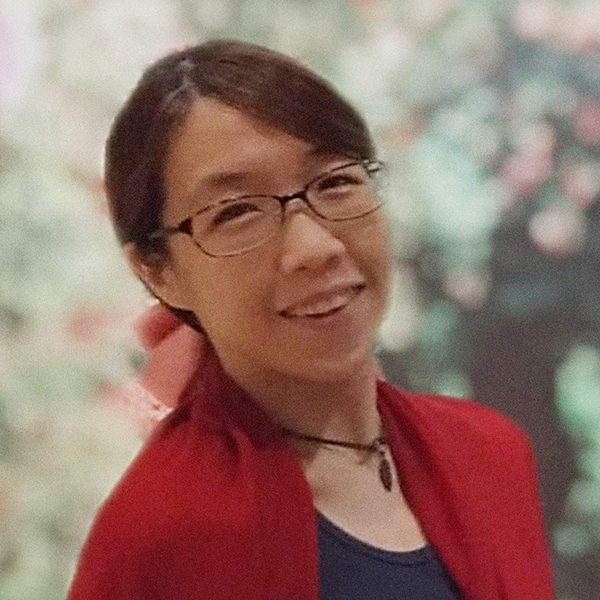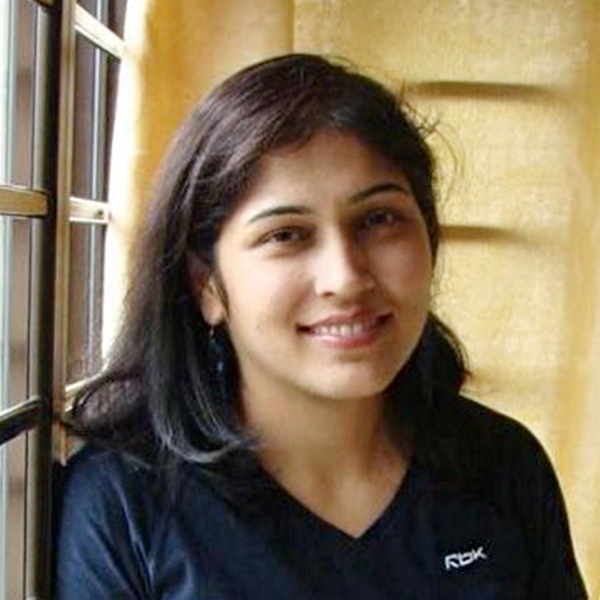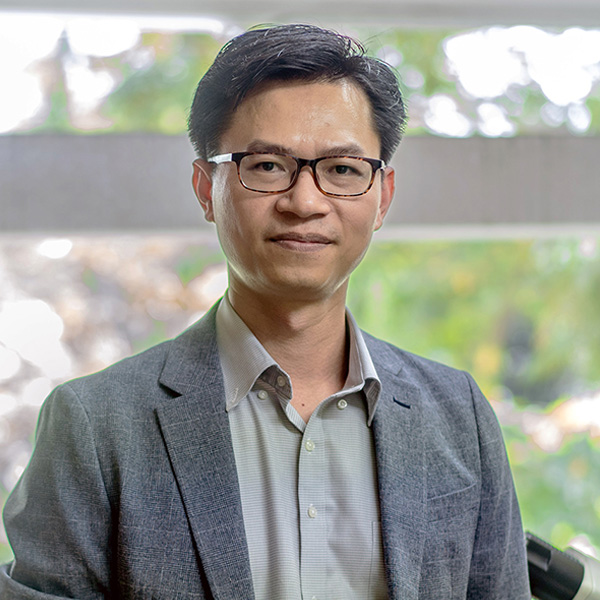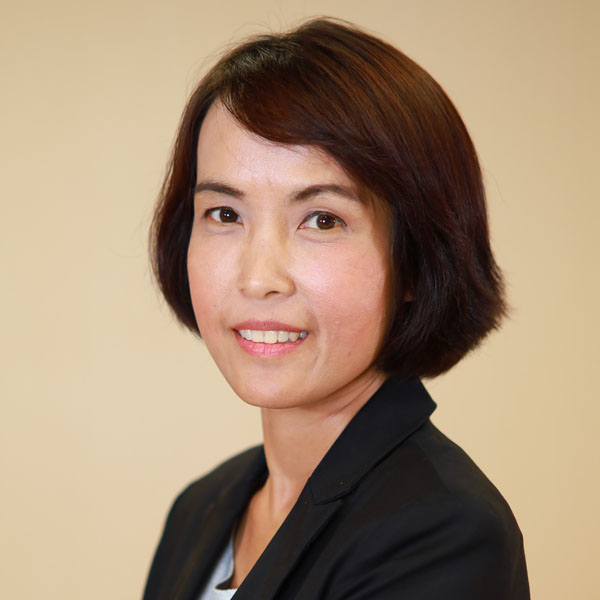Adjunct Researchers

Ben Smith
E ben.smith@ntu.edu.sg
P +65 6904 1108
Adjunct Associate Professor in the area of Healthy Ageing, Dr Ben Smith is the Director of The Future Ready Food Safety Hub (FRESH), a tripartite initiative between the Agency for Science, Technology & Research (A*STAR), Singapore Food Agency (SFA) and Nanyang Technological University. As a risk assessor and toxicologist who has worked across industry, academia and government, he is a strong proponent of collaborative research and the importance of embedding safety across the entire food and consumer product development chain. He is particularly interested in the development of risk-benefit frameworks and the integration of human relevant and socially responsible safety methodologies into the regulatory approval processes for new ingredients and novel foods. His team is currently focused on the development of gastrointestinal models to assess the toxicity, allergenicity, bioaccessibility and bioavailability of orally ingested materials, as well as understanding consumption and exposure patterns for novel foods and consumer products.

Grace Loo
E grace_loo@rp.edu.sg
P +65 6697 1988
Adjunct Associate Professor Grace Loo’s academic and research expertise cover plant and animal genetics, animal health and nutrition, as well as antioxidants and their role in shelf-life extension in fish flesh. She has been involved in academic and research activities ranging from food biotechnology,
fish genetics, species barcoding and identification, fish health and nutrition, aquaculture farm operations, and seafood post-harvest technologies.
Her current research involves looking into improving the productivity and developing genetic resources for local food fish such as the Red Snapper, as well as investigating the effects of various biomaterials and feed additives on shrimp (Litopenaeus vannamei) growth and health.

Shubha Vij
E shubha_vij@rp.edu.sg
P +65 9383 3493
Adjunct Associate Professor Shubha Vij is a geneticist with over 20 years’ experience in genomics, evolution, developmental biology, barcoding, transgenics and functional characterization of gene expression. She has worked on organisms across the kingdom of life such as humans, fungi (Aspergillus fumigatus),
fishes (Asian seabass, carps, zebrafish, Red Snapper) and plants (Arabidopsis, tobacco, rice). Some of her key achievements in the field of genomics includes involvement in sequencing and assembling the gold standard version of the rice genome. In addition, she played a key role in assembling and publishing
one of the first, chromosomal-level assembly of a fish genome, Asian seabass.
Her current research interest is on improving productivity of Singaporean food fish species such as the Asian seabass and Red Snapper for key aquaculture traits such as growth and disease resistance.
If you would like to learn more about Adjunct Associate Professor Vij’s work please visit her
Google Scholar
, ResearchGate, LinkedIn, or reach out to her via email.

Ha Thanh Dong
Adjunct Professor Ha Thanh Dong is a dynamic researcher in the field of aquatic animal health, internationally recognized for his contributions to infectious and emerging infectious diseases in tropical aquaculture, disease diagnostics, host-pathogen interactions, and vaccine development. He has played a key role in identifying and developing diagnostic methods for numerous infectious pathogens affecting aquaculture species, including Asian sea bass, tilapia, catfish, snake skin gourami, Siamese fighting fish, and whiteleg shrimp. Dong's research extends to fish immunology and vaccine development, nanobubble technology, and other new disease-control strategies, offering sustainable alternatives to antibiotics. His recent studies have unveiled unprecedented applications of nanobubble technologies in enhancing the efficacy of immersion vaccines in aquaculture, setting the stage for further advancements in this industry.

Saengchan Senapin
E saengchan@biotec.or.th or senapin2010@gmail.com
P +65 85 144 3155
Adjunct Professor Saengchan Senapin is a molecular biologist with over 20 years of experience in ProfileAdjunct Professor Saengchan Senapin is a molecular biologist with over 20 years of experience in aquatic animal health. Her research focuses on infectious pathogens of fish and shrimp, emphasizing identification, molecular characterization, diagnosis, and host-pathogen interaction. She has conducted extensive studies on numerous important pathogens in fish, such as TiLV, TiPV, SDDV, LcHV, ISKNV, NNV, Aeromonas, Streptococcus, Francisella, and Vibrio in tilapia and Asian seabass, and in shrimp, including IMNV, MrNV, YHV, WSSV, and atypical Vibrio AHPND. In recent endeavors, her scope has broadened to encompass fish vaccination and immunocompetency, aiming to advance early vaccination for young fish. Additionally, she seeks to gain insight into stakeholders' perspectives on vaccination practices within the aquaculture industry, with the aim of bolstering disease management and promoting sustainability.

Roni Nugraha
Roni Nugraha is a prominent researcher in the field of seafood safety and quality. He holds the position of head of the Aquatic Product Technology Department at Bogor Agricultural University (IPB University). His project involves combining allergenomics, high-throughput screening of genomic databases, and high-resolution mass spectrometry. The goal is to identify allergenic proteins from marine invertebrates. This innovative approach represents a significant improvement over current methods for identifying and characterizing allergenic proteins. It provides valuable insights for researchers working on diagnostics and immunotherapeutics related to allergies. He has also been actively involved in food biotechnology research. Using cutting-edge techniques, he explores various aspects of food production and safety. His work contributes to advancements in food processing, preservation, and quality enhancement. As the head of the Aquatic Product Technology Department, his oversees research activities related to seafood post-harvest technologies, food biotechnology, and aquatic bioresources. Under his leadership, the department continues to make strides in understanding and improving aquatic product technologies.